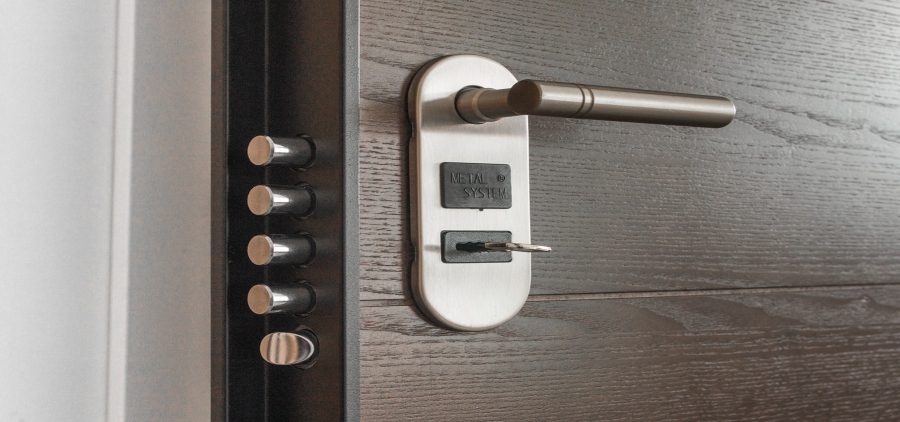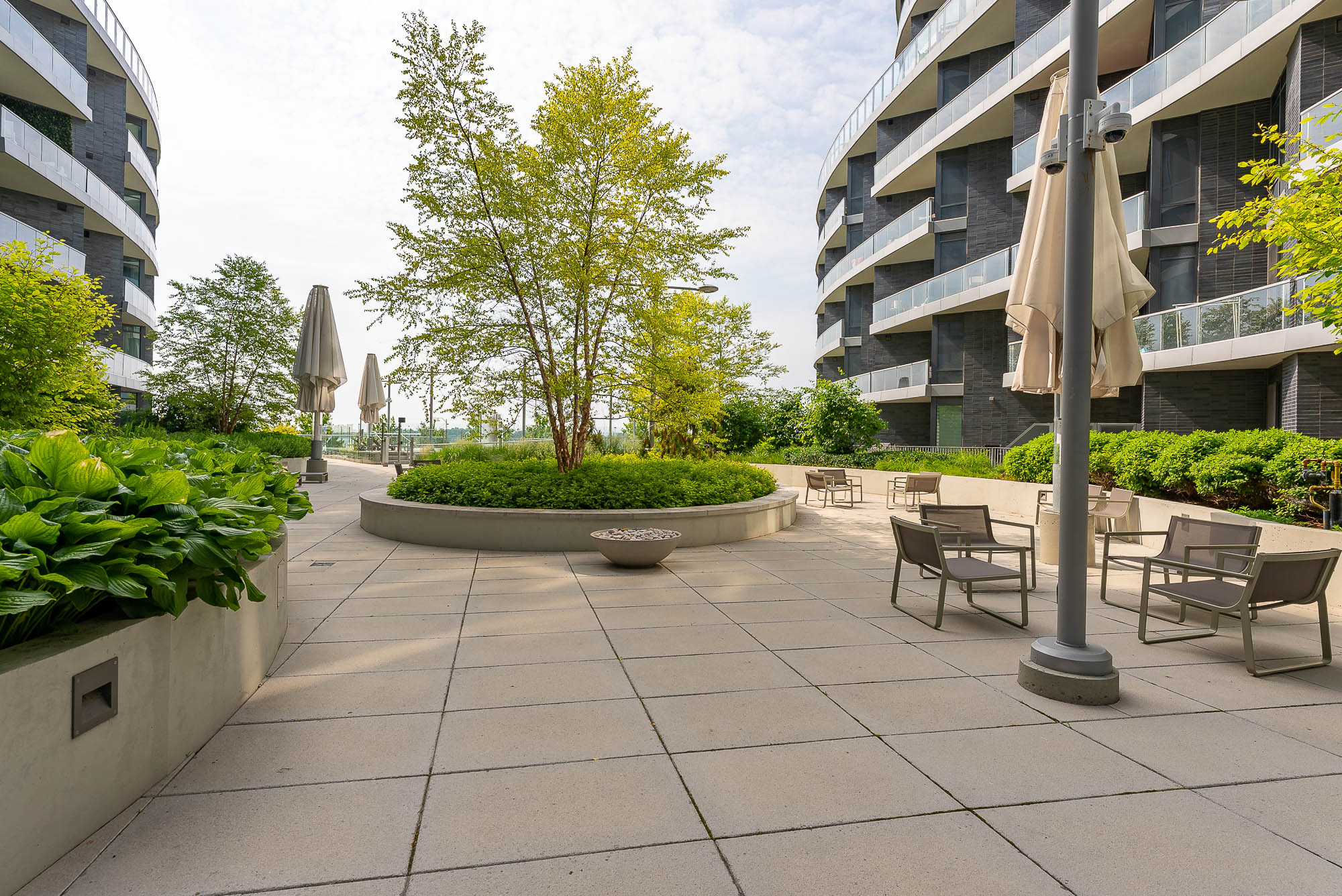You want to inspect a house or carry out some repairs, but the tenant is not giving you access. This is a situation that replays on many premises. You fix the fence, ensure the heating furnace filters are changed and contract the plumber to fix the tenant’s clogged water lines, but you have no right of way?
It sounds awkward. But the tenant sees the rental unit as a home. While this is true, there are boundaries and rights that the landlord, as well as the tenant, enjoys. The times when the landlord is allowed to enter a property are outlined in the Landlord’s Right of Entry into a Rental Unit.
This post takes a closer look at the situation when the tenant is not given access and seeks to answer the following question: “In what instances is the tenant required to give the landlord access to the premise?”

What are the Tenant’s Rights?
Before exploring the situations when the landlord is allowed by law to enter the property, it is important to start by checking out the rights of the tenant.
According to the Residential Tenancies Act, 2006, S.0, 2006, C. 17, the tenant’s privacy is protected by law. This privacy can be seen in two core principles:
- The tenant should be notified when the landlord needs to get access.
- The access hours are between 8 am and 8 pm.
While the law must be enforced at all costs, giving access to the landlord is crucial in most cases to help ensure that all the services are running well. Take the case of a clogged plumbing line. It is prudent for the tenant to provide access to the landlord and plumber for prompt repairs.
Instances When Tenants are Required to Give a Landlord Access
The same Residential Tenancies Act that outlines the tenants’ rights also list the landlord’s right of access. Here are instances when the landlord is given the right to access a rental property.
Landlord’s Entry with a 24 Hours Written Notice
As a landlord, you are allowed to enter a rental property between 8 am and 8 pm if you provide 24-hours written notice. Such notices should be made with reference to the following cases:
- To make repairs at the rental unit. This means repairing things such as water lines, power, furnaces, and other faulty parts of a rental unit.
- Carry out an inspection to determine if there are parts that need repairs. It is a common practice for landlords to do inspections after some time to establish whether there are some parts that need repairs. In many cases, such inspections and repairs are done after every two to three years.
- To allow a potential insurer or mortgagee to view the house. When an insurer wants to visit the house for cover purposes or an interested mortgagee wants to see the premise, the tenant is required to give access after a 24-hour notice.
- An engineer or other professional needs to make an inspection. Whether for engineering compliance or other reasons, the tenant is required to give access to the professional after the landlord makes a request in 24 hours.
Note that once the tenant is given the notice, you can enter the premise even when the tenant is away. For example, if the tenant is given notice of inspection by the insurer, the house will be inspected even if they are away at work.
Can a Landlord Enter a Rental Property without a 24 Hour’s Notice?
Yes, you can enter a rental unit without permission, but only in some situations. One, is if the lease agreement between you and the tenant requires you to clean the premise. In such a situation, you are free to enter for the purposes of cleaning the facility only between 8 am and 8 pm (Mon-Sun). An employee mandated to offer the same services can also enter the premise during the same timelines.
If the tenancy of the current tenant is being terminated, you are allowed by law to enter the premise for the purpose of showing it to a prospective tenant. Again, this can only take place between 8 am and 8 pm (Mon-Sun).
When Can a Landlord Enter a Rental Premise without a Notice?
The law allows you, as the landlord, to enter the premise without any prior notice in the following situations:
- There is an emergency. When emergencies strike, the landlord is allowed to gain access to the premises. These emergencies include events such as fire and flooding.
- The tenant agrees with the landlord to come in at any moment for inspection. This is the situation that plays out in many cases when tenants co-exist peacefully with tenants. It implies that most issues can be identified easily and rectified on time.
- When the tenant allows the landlord to enter, if the tenant feels okay with allowing the landlord to enter the house, a notice will not be required. This can happen anytime if the tenant notes something that requires the attention of the landlord.
Can the Tenant Deny the Landlord Access?
In the event that the landlord follows the legally allowed process for accessing the premise, you cannot deny them entry. At this point, one may ask two questions: “What about a tenant refusing access for inspection?” or “The tenant won’t allow access for repairs?”
If they do not give access even after the rightful notices, it is considered to be interfering with the landlord’s rights. Therefore, the tenant could be sued in a court of law. However, this is considered the option of the last resort.
Instead of directly suing tenants, many landlords opt to give them notices terminating their tenancy. This means that the tenant will be required to clear the house and give way for occupation by a different user and to allow for the landlord to gain access to the property.
In some cases, the tenant won’t allow access for viewings even after being served with the letter of tenancy termination. In such a situation, the landlord is required to report it to the Investigation and Enforcement Unit of the Ministry of Municipal Affairs and Housing. The enforcement officers reach the tenant to find out their side of the story and seek the cooperation of the tenant.

The Legal Bodies Mandated To Solve Landlord-Tenant Disputes In Toronto
In Toronto, there are two main bodies mandated to address issues arising from conflicts between tenants and landlords.
-
The Rental Housing Enforcement Unit
The Rental Housing Enforcement Unit is a unit in the Ministry of Municipal Affairs and Housing that is mandated to collect and document info from tenants and landlords with the goal of establishing if they are in breach of the Residential Tenancies Act.
If the unit establishes that a breach occurred, they advise the landlord or tenant on the available options to comply with the law. This is meant to help the tenant and landlord identify the problem at hand and solve it amicably.
If their recommended advice on compliance is not followed, the files are forwarded to the Enforcement Unit Investigator, who gathers evidence that can be used to prosecute the case in an Ontario Court of Justice.
-
The Landlord and Tenant Board
When a tenant wants to stop illegal entry, they can launch a complaint with the Landlord and Tenant Board. The Board evaluates the situation and tries to put it to rest. For example, if the Board establishes that the landlord had tried to enter a rental unit illegally, they could be ordered to pay a fine. If the tenant is found to have infringed on the landlord’s rights, penalties will also be instituted.
Conclusion
If you have a rental property, it is important to understand how to go about cases such as when a tenant is not given access when it is needed. This post demonstrated that it is prudent to ensure that you operate within the provided legal framework. This means ensuring you give notice that states the reason for seeking entry into a tenant’s premises in the proper time frame.
Does a landlord need permission to enter a rental property? The answer to this question is no. What is required from the landlord is a notification sent to the tenant about the targeted inspection or an inspection within 24 hours.
In light of the possible confrontations, it is important that the landlord takes forethought about the problems that might be anticipated. Then, they should employ the following best practices when dealing with tenants:
- Ensure to craft a comprehensive and binding agreement for tenants to use when moving into your rental property.
- Make sure you are conversant with the Residential Tenancies Act. This will help you to take the right action in the case of issues with tenants.
- Consider working with a legal expert such as a real estate agent or a property attorney to assist you in addressing some of the issues when they arise.
- Consider vetting the tenants thoroughly so that only the understanding and cooperative ones (aka good tenants) are allowed into your rental premise.



